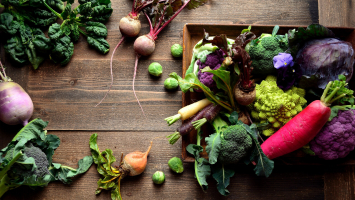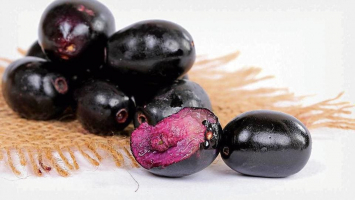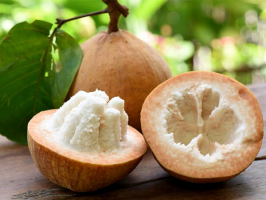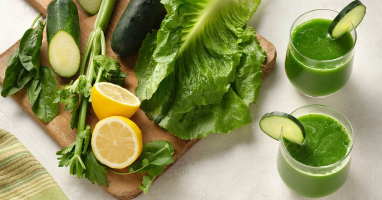Top 8 Most Nutritious Nightshade Fruits and Vegetables
Most nightshade vegetables and fruit contain an abundance of nutrients. They’re also readily available and easy to prepare. Therefore, fruits and vegetables ... read more...from the nightshade family are the staple foods for many people. Below are some of the Most Nutritious Nightshade Fruits and Vegetables you can add to your daily diet!
-
For numerous good reasons, tomatoes are a staple food in many diets. In addition to being simple to grow, they are also nutrient-rich. The juicy, sweet, and antioxidant-rich tomatoes may help fend off a number of diseases.
They're a great source of potassium, vitamin B-6, manganese, and dietary fiber, these fruits are also high in vitamins A and C. Tomatoes may contain carotenoids, powerful antioxidants that may protect the body from some illnesses, according to research. Lycopene, a carotenoid that is rich in tomatoes, is considered to offer protection from oxidative damage, cancer, inflammation, and diabetes. Make fresh tomato juice or add fresh, chopped tomatoes to a green salad. Tomatoes are delicious in vegetable soup and chili, too.
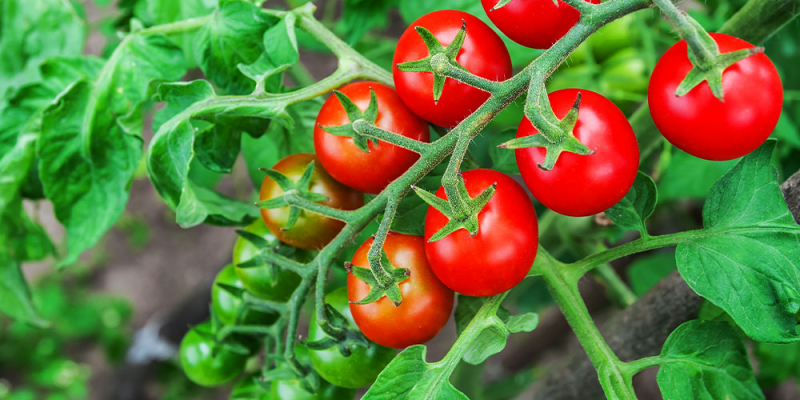
Tomatoes 
Tomatoes -
One of the most widely grown foods in the Western world is the potato. They belong to the family of perennial nightshades, which under some circumstances can be slightly toxic. Any green skin or flesh, including the "eyes" or sprouts of potato, are likely to contain the toxin solanine. However, solanine is also present in non-green portions of the potato. Solanine may be found in potatoes that are: picked too early; exposed to light; stored someplace too cold, like the fridge.
Fortunately, potatoes tend to have less toxicity when they are cooked and peeled. Potatoes are a wonderful source of vitamin C, a vitamin that supports immunity. They are a more nutritious staple than you may think because they are also a strong source of potassium, vitamin B-6, and fiber. According to the USDA, they also include carotenoids, flavonoids, and caffeic acid, which are all types of phytonutrients known to support health benefits.
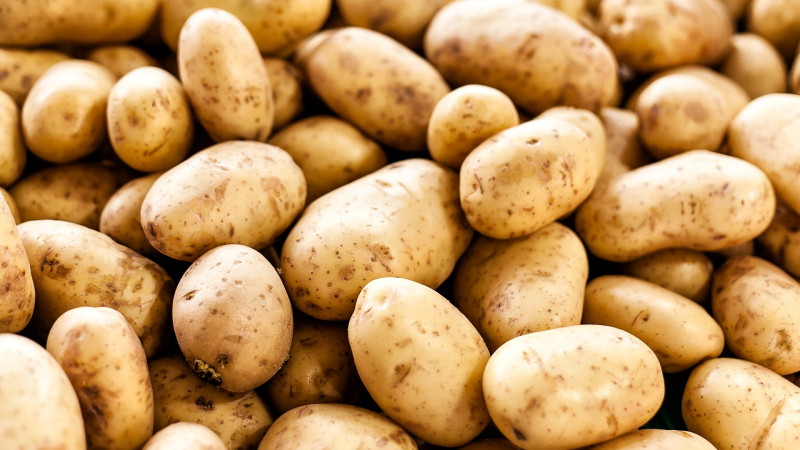
Potatoes 
Potatoes -
Bell peppers have a lot of healthy nutrients and few calories. All types are great sources of potassium, folic acid, fiber, and vitamins A and C. Peppers come in a variety of shapes and colors. They are available in fresh, frozen, dried, and canned varieties.
Bell peppers are also referred to as sweet peppers, they can be eaten raw or cooked and add nutrition to a meal. If you need to increase your intake of vitamin C, these fruits may be a great option. Bell peppers are rich in nutrients, including numerous essential vitamins, and low in calories. Green bell peppers, diced, include 120 milligrams of vitamin C per cup. Your body can better absorb iron and heal wounds with vitamin C. It could also help in the prevention of a number of diseases, such as cancer and heart disease. Most supermarket stores sell bell peppers all year round. But many people like growing fresh bell peppers in their home gardens because they are so simple to grow.

Bell peppers 
Bell peppers -
In addition to being tasty, hot peppers also offer some surprising health advantages! Before Columbus brought them to Europe, hot peppers were used extensively throughout Central and South America. The spicy pepper was used both in cooking and medicine by the local native population
Vitamins C and A are abundant in common hot peppers like jalapenos, serrano peppers, and red or green chilies. Capsaicin, the compound that gives hot peppers their heat, has been demonstrated to reduce inflammation, which can make it easier for people with joint diseases to move without experiencing discomfort. Furthermore, researchers from the Wayne State University School of Medicine discovered that capsaicin suppresses the development of leukemia and breast cancer cells in people. In fact, the study found that capsaicin helps in the killing of these cancer cells.
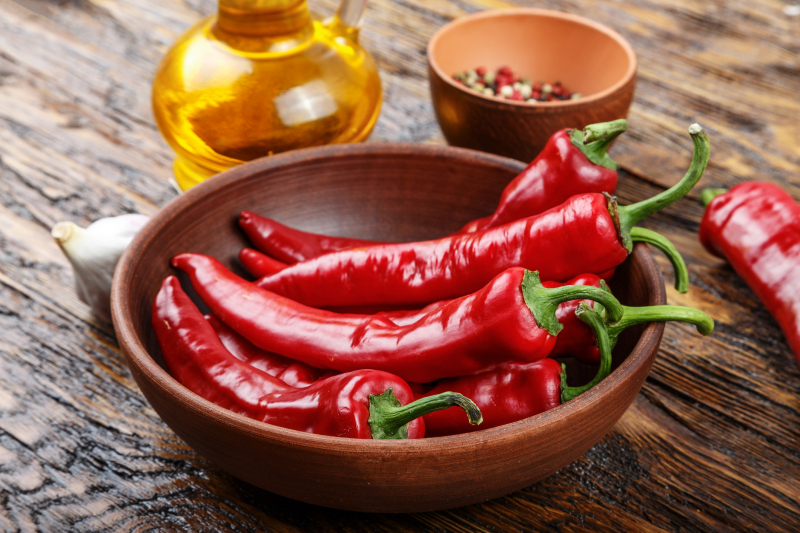
Hot peppers 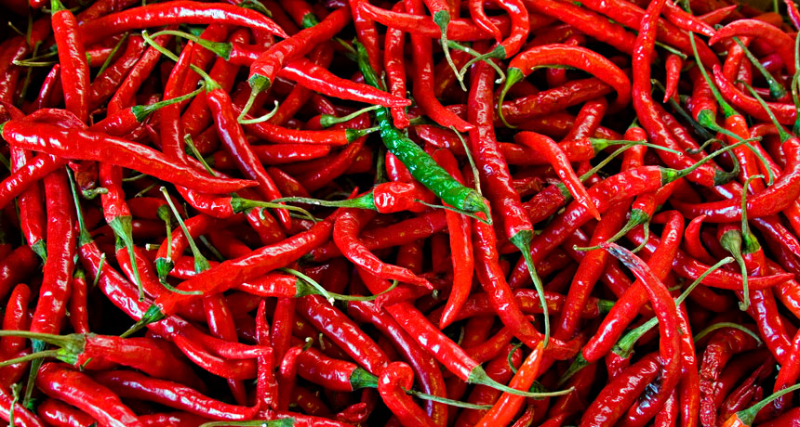
Hot peppers -
The aubergine, often known as eggplant, offers fiber and a variety of nutrients. This vegetable with few calories is part of the Mediterranean diet. Because of their meaty texture when cooked, they’re popular among vegetarians.
At least 5% of a person's daily needs for fiber, copper, manganese, B-6, and thiamine may be met by one serving of eggplant. It also includes additional minerals and vitamins. Furthermore, phenolic compounds, which serve as antioxidants, are found in eggplants. Eggplant is also a good source of manganese, a mineral that supports the work of enzymes in your body. Chlorogenic acid, a key antioxidant in eggplants, may lower levels of low-density lipoprotein, or "bad" cholesterol and lower the risk of nonalcoholic fatty liver disease, according to the research results of a 2014 study.

Eggplant 
Eggplant -
The tomatillo is a nightshade that resembles a tomato and grows in a husk. It may be boiled, fried, or steamed and is a common component in Central and South American cuisine.
Although they don't have as many nutrients as a red tomato, they do have a small number of antioxidants and can help you sneak more fiber into your diet without adding in many extra calories. Tomatillos are a perfect addition to a diet that promotes heart health. Consuming tomatillos, which are naturally low in sodium and high in potassium, may help to control blood pressure. Vitamins A and C, which both function as antioxidants against free radicals, are also present in tomatillos.
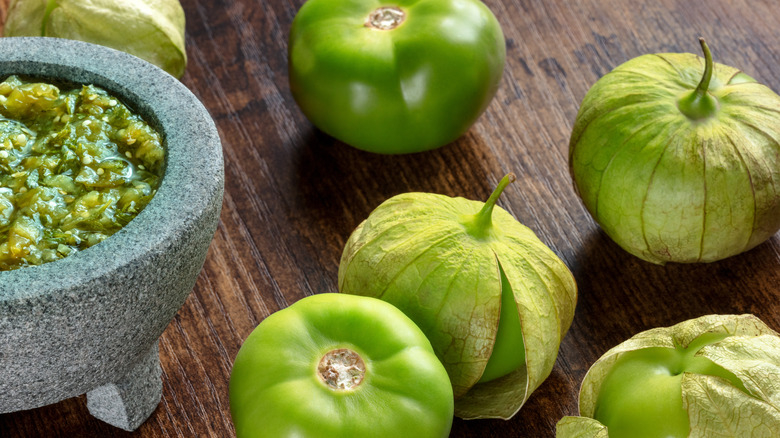
Tomatillos 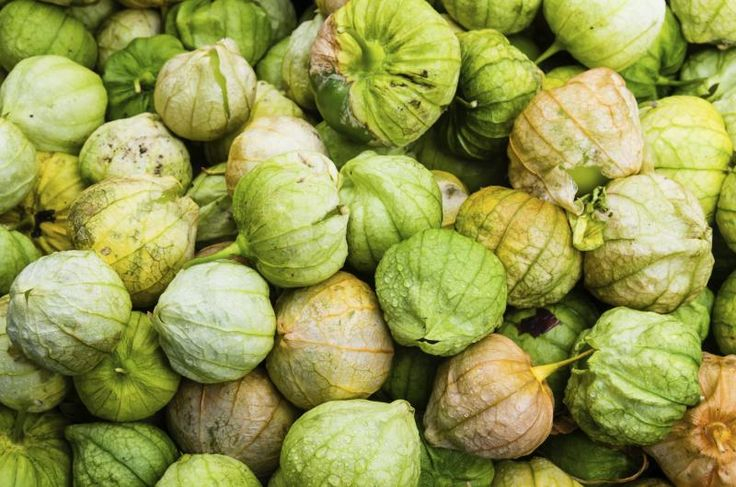
Tomatillos -
Goji berries could be a good source if you're looking to add new nutritious food to your diet. They may contribute to improving your overall well-being because they are rich in vitamins, minerals, and protein.
Goji berries may improve your mood and health, according to research. Older adults tend to benefit from their health benefits the most. Many amino acids, including tyramine, and protein are found in dried goji berries. They may help your body produce blood cells and strengthen your immune system. Additionally, they could provide defense against oxidation, cancer, radiation, and aging. You must visit a Chinese farm if you want to find fresh goji berries. However, you may frequently get them dried at specialty food stores under the name wolfberries.
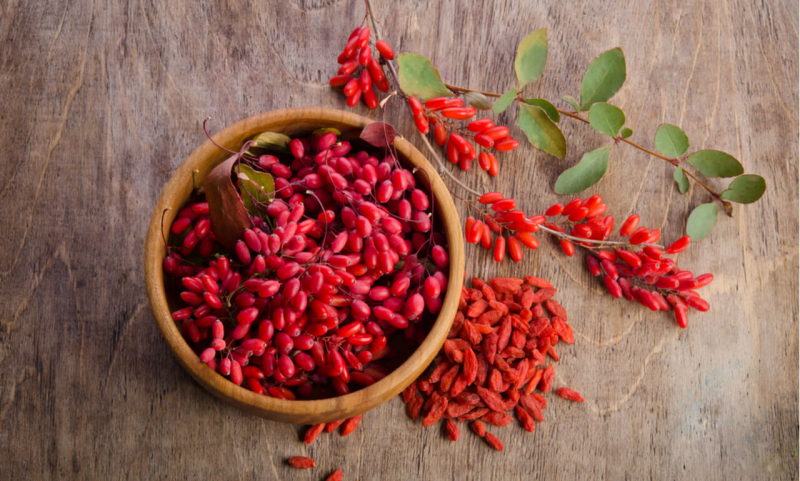
Goji berries 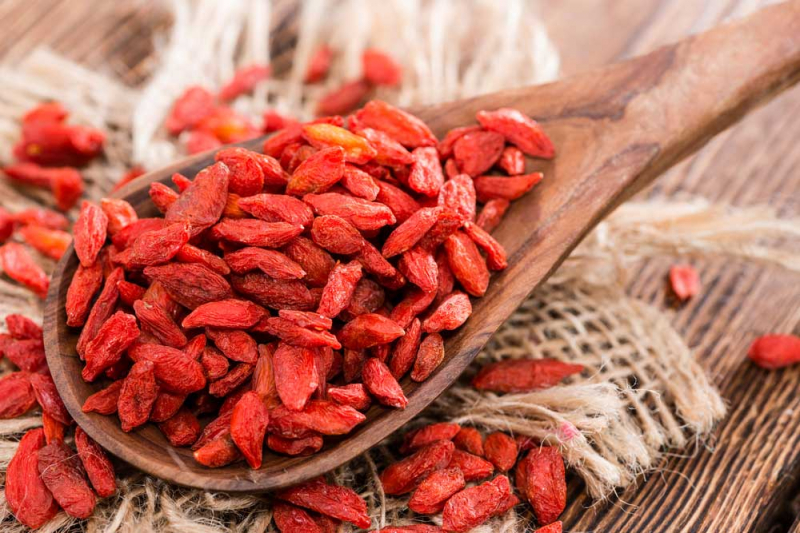
Goji berries -
Because they contain antioxidant compounds, blueberries have been dubbed a "superfood". Doctors and nutritionists favor these berries because they are loaded with flavonoids and antioxidants and have a high potassium and vitamin C content. They can reduce your risk of cancer and heart disease, and they also have anti-inflammatory properties.
Recent studies demonstrate that blueberries contain flavonoids, particularly one called anthocyanin, which is directly linked to advantages for memory. Eating blueberries might lower your chance of developing inflammatory disorders including metabolic syndrome, type 2 diabetes, Alzheimer's, and cardiovascular disease. A cup of blueberries contains some dietary fiber and is a good source of vitamin C.
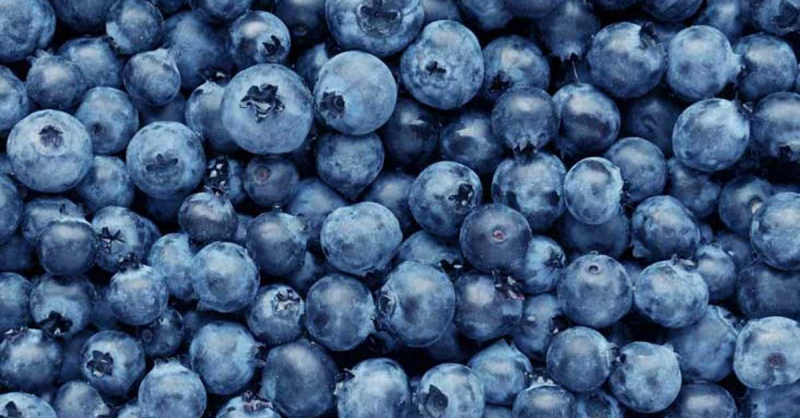
Blueberries 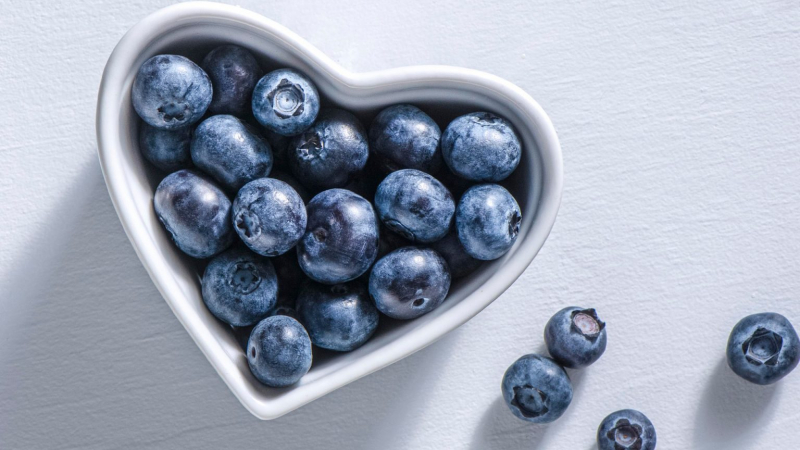
Blueberries













